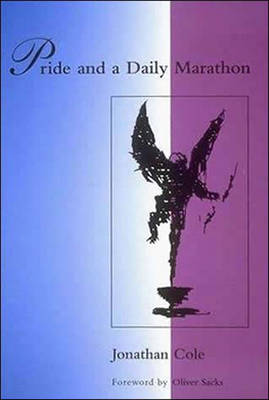
- Afhalen na 1 uur in een winkel met voorraad
- Gratis thuislevering in België vanaf € 30
- Ruim aanbod met 7 miljoen producten
- Afhalen na 1 uur in een winkel met voorraad
- Gratis thuislevering in België vanaf € 30
- Ruim aanbod met 7 miljoen producten
Zoeken
€ 67,95
+ 135 punten
Omschrijving
At the age of 19, Ian Waterman was suddenly struck down at work by a rare neurological illness that deprived him of all sensation below the neck. He fell on the floor in a heap, unable to stand or control his limbs, having lost the sense of joint position and proprioception, of that "sixth sense" of his body in space, which we all take for granted. After months in a neurological ward he was judged incurable and condemned to a life of wheelchair dependence. This is the first U.S. publication of a remarkable book by his physician, Jonathan Cole. It tells the compelling story, including a clear clinical description of a rare condition, of how Waterman reclaimed a life of full mobility against all expectations, by mental effort and sheer courage. Cole describes how Waterman gradually adapted to his strange condition. As the doctors had predicted, there was no neurological recovery. He had to monitor every movement by sight to work out where his limbs were, since he had no feedback from his peripheral nerves. But with astonishing persistence Waterman developed elaborate tricks and strategies to control his movements, enabling him to cope not only with the day-to-day problems of living, but even with the challenges of work, love, and marriage.
Specificaties
Betrokkenen
- Auteur(s):
- Uitgeverij:
Inhoud
- Aantal bladzijden:
- 216
- Taal:
- Engels
- Reeks:
Eigenschappen
- Productcode (EAN):
- 9780262531368
- Verschijningsdatum:
- 11/07/1995
- Uitvoering:
- Paperback
- Formaat:
- Trade paperback (VS)
- Afmetingen:
- 152 mm x 227 mm
- Gewicht:
- 335 g

Alleen bij Standaard Boekhandel
+ 135 punten op je klantenkaart van Standaard Boekhandel
Beoordelingen
We publiceren alleen reviews die voldoen aan de voorwaarden voor reviews. Bekijk onze voorwaarden voor reviews.











